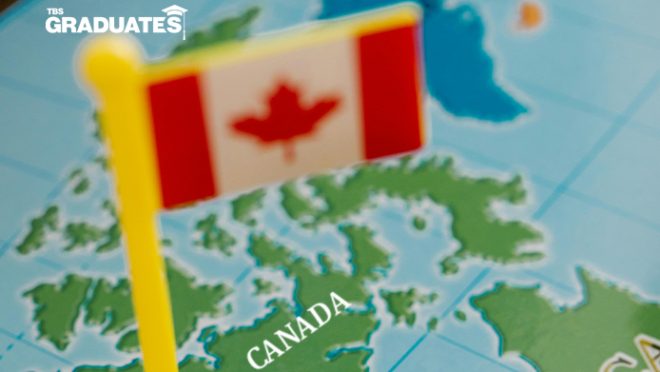Study in Canada? Record visa refusals say otherwise
Study in Canada? Record visa refusals say otherwise

Canada’s international education system is under heavy strain as student visa refusals hit record levels. As of 28 August 2025, the study permit refusal rate had climbed to 65.4%, up from 40.5% in 2023, driven by new immigration caps, stricter financial checks, and doubts over whether applicants truly intend to return home after study.
The tougher stance marks a sharp reversal for a country that once promoted international students as future workers and permanent residents. According to official figures, nearly 290,000 applications were refused in 2024 compared with 268,000 approvals, pulling the approval rate below 50%. More than three-quarters of refusals cited weak proof of ties to home countries, financial gaps, or study plans seen as thinly disguised migration routes.
The pivot began in January 2024 with federal caps on international student admissions and was locked in by the 2025–2027 Immigration Levels Plan, which cut permanent resident targets to 395,000 in 2025 (from 485,000 in 2024) with further reductions planned through 2027. Temporary residents, including international students, are capped at 5% of the population by end of 2026.
Critics say refusal letters are often vague, leaving students unable to address concerns. Lost tuition deposits, housing fees, and mounting debts weigh heavily on families, while colleges, agencies, and employers report disruptions to enrolments and labour pipelines. ApplyBoard cites “elevated scrutiny” by officers as a main driver. Advocates estimate Canada collected over $350 million CAD in 2024 from refused applications alone.
Immigration, Refugees and Citizenship Canada (IRCC) defends the crackdown as necessary to curb fraud, protect housing and public services, and preserve integrity. Officials stress that genuine students with clear study plans, verifiable funds, and strong home-country ties can still succeed.
For prospective applicants, the practical advice is blunt: applications must be watertight. That means demonstrating a clear study-to-career rationale, clean financial records, strong travel history, and credible reasons to return home. Schools and employers, meanwhile, are adjusting by targeting markets with higher approval odds and lobbying for more transparent refusal criteria.
With permanent resident and study visa caps locked in until at least 2027, analysts say high refusal rates will remain the new normal.


